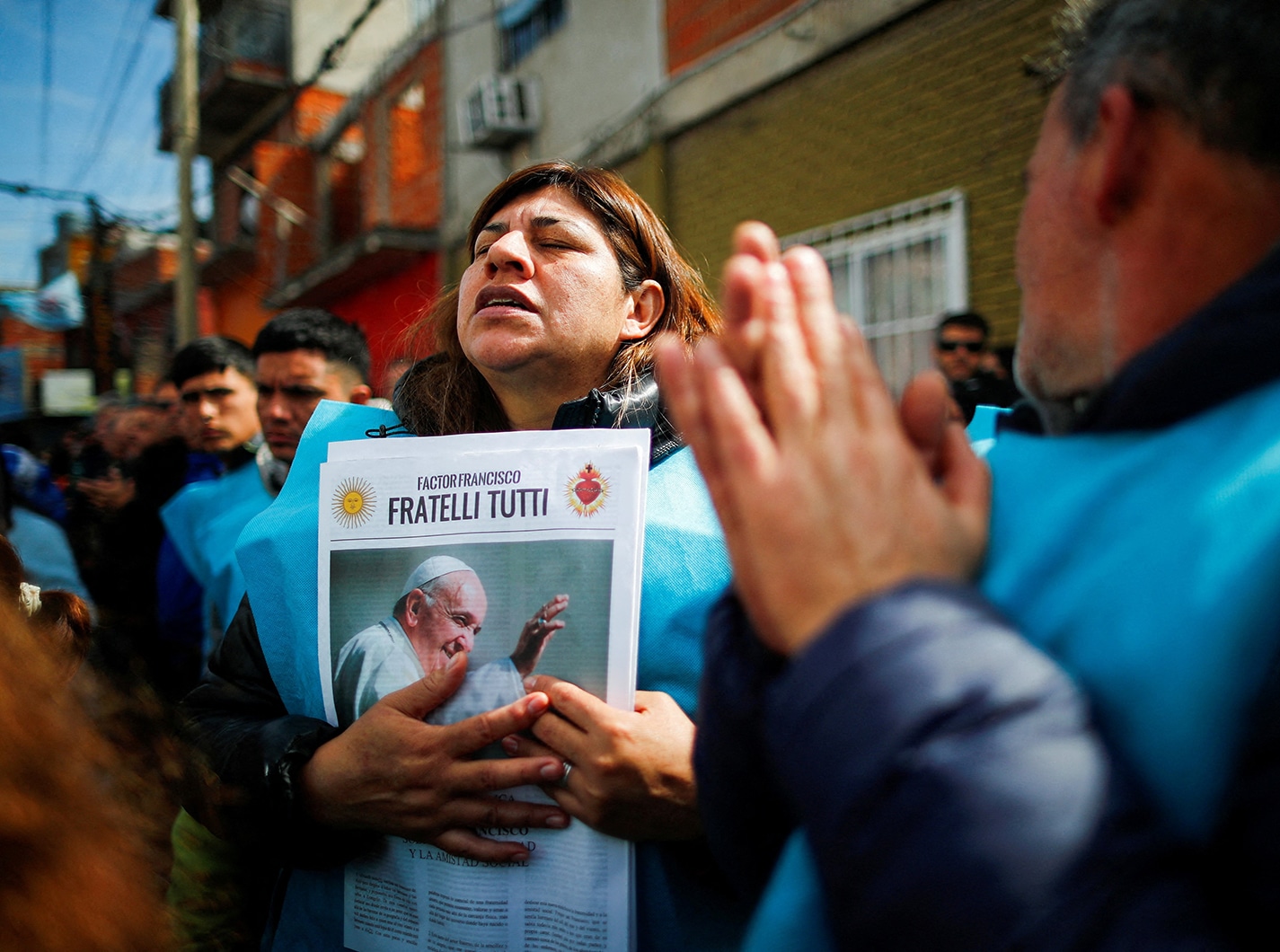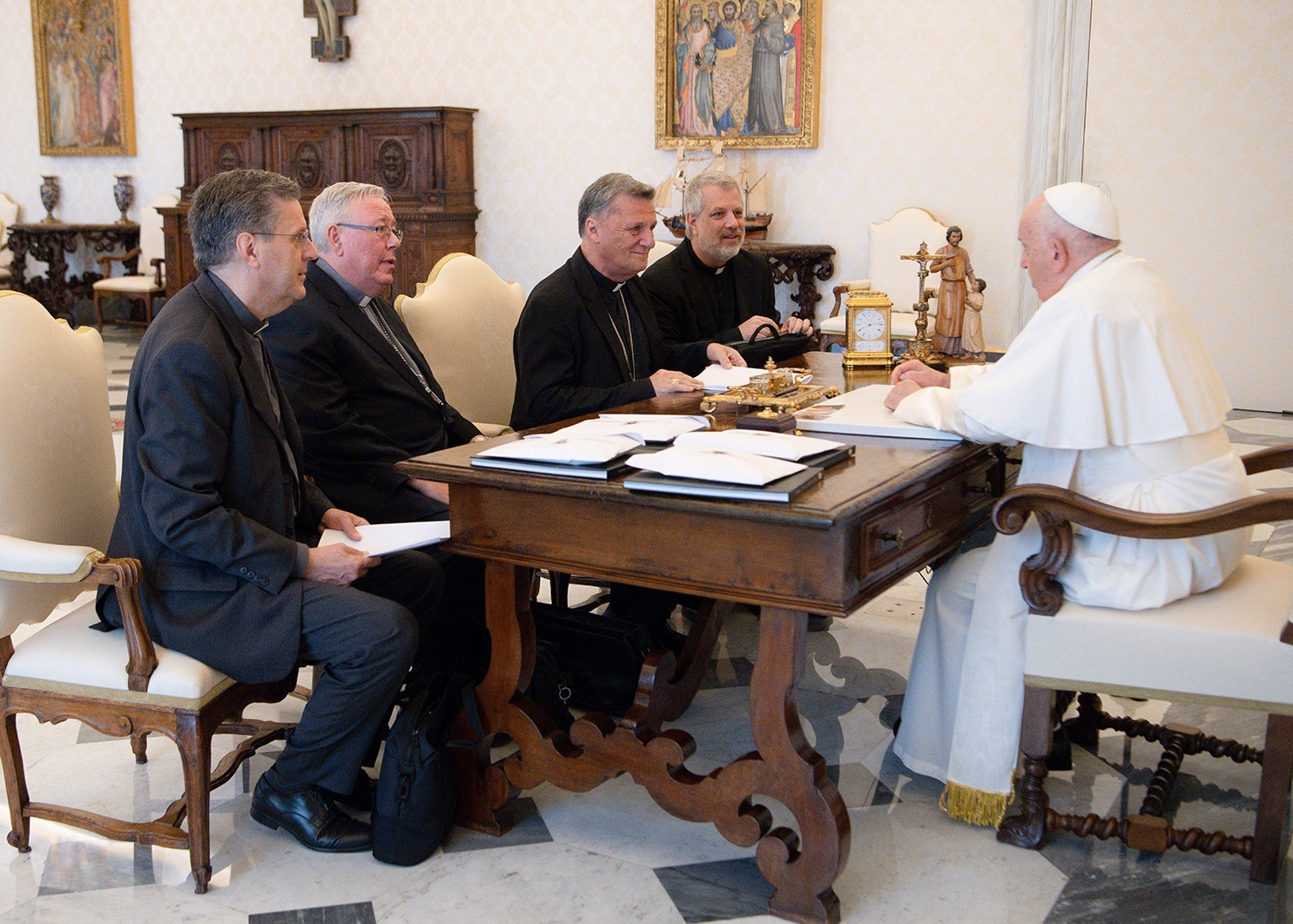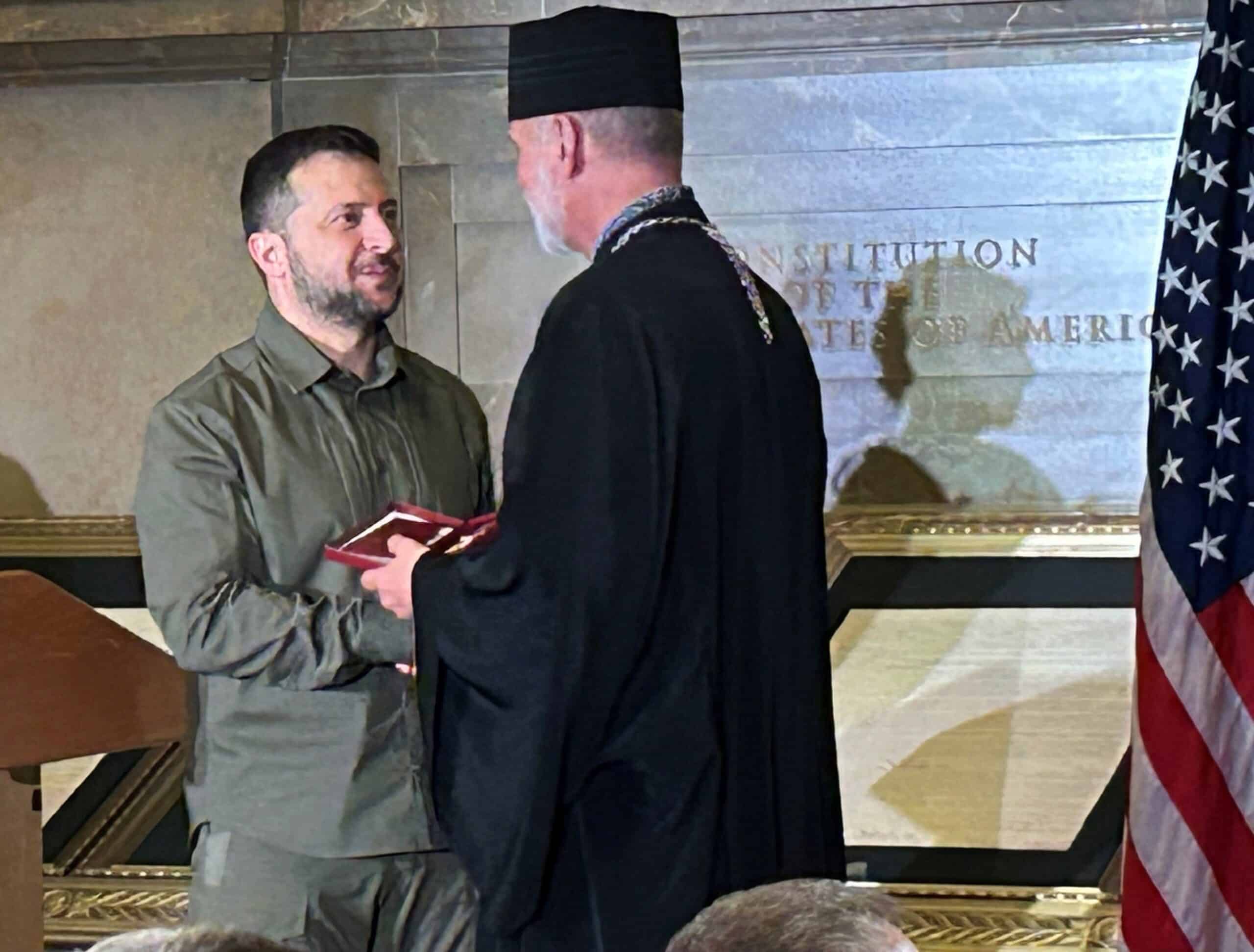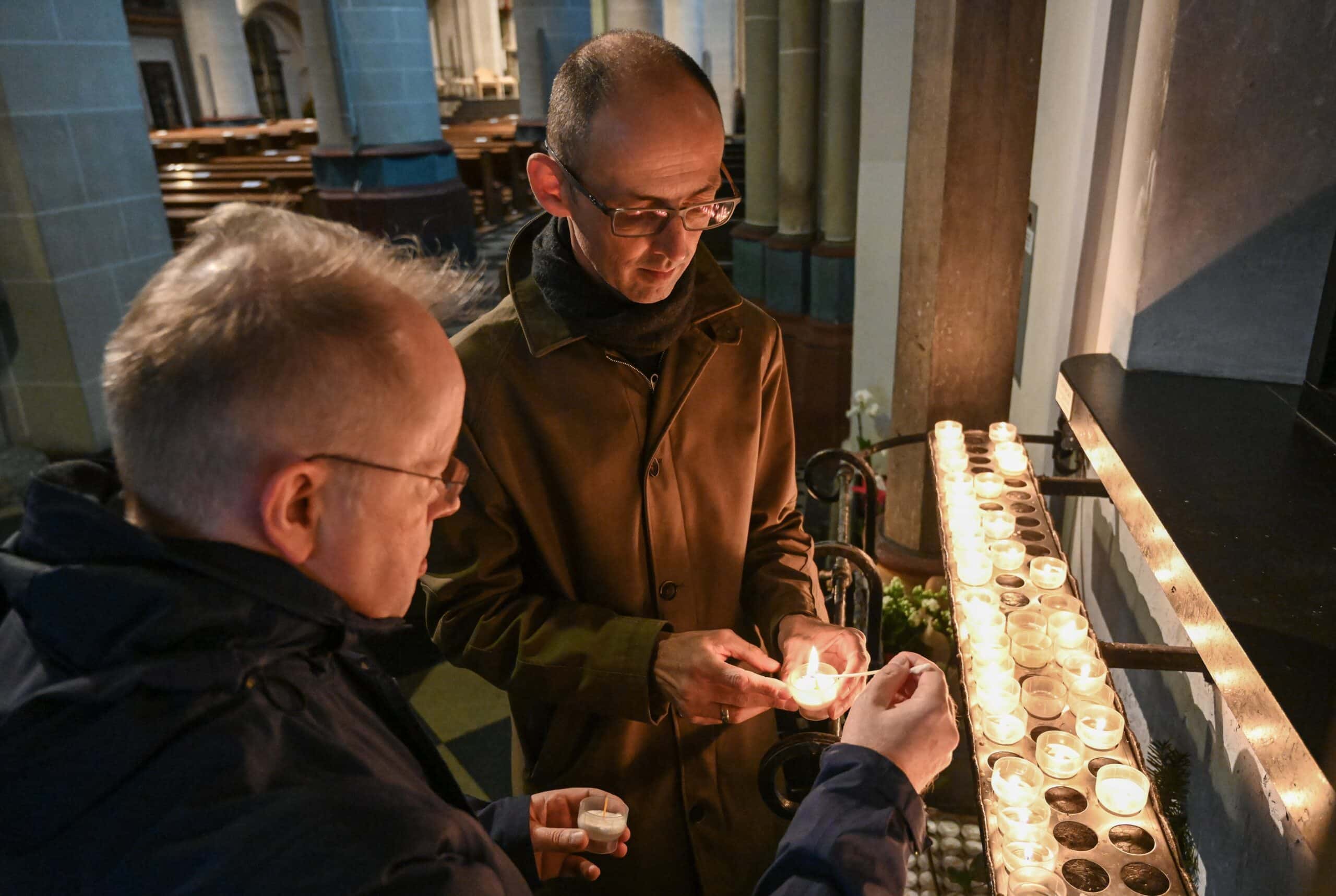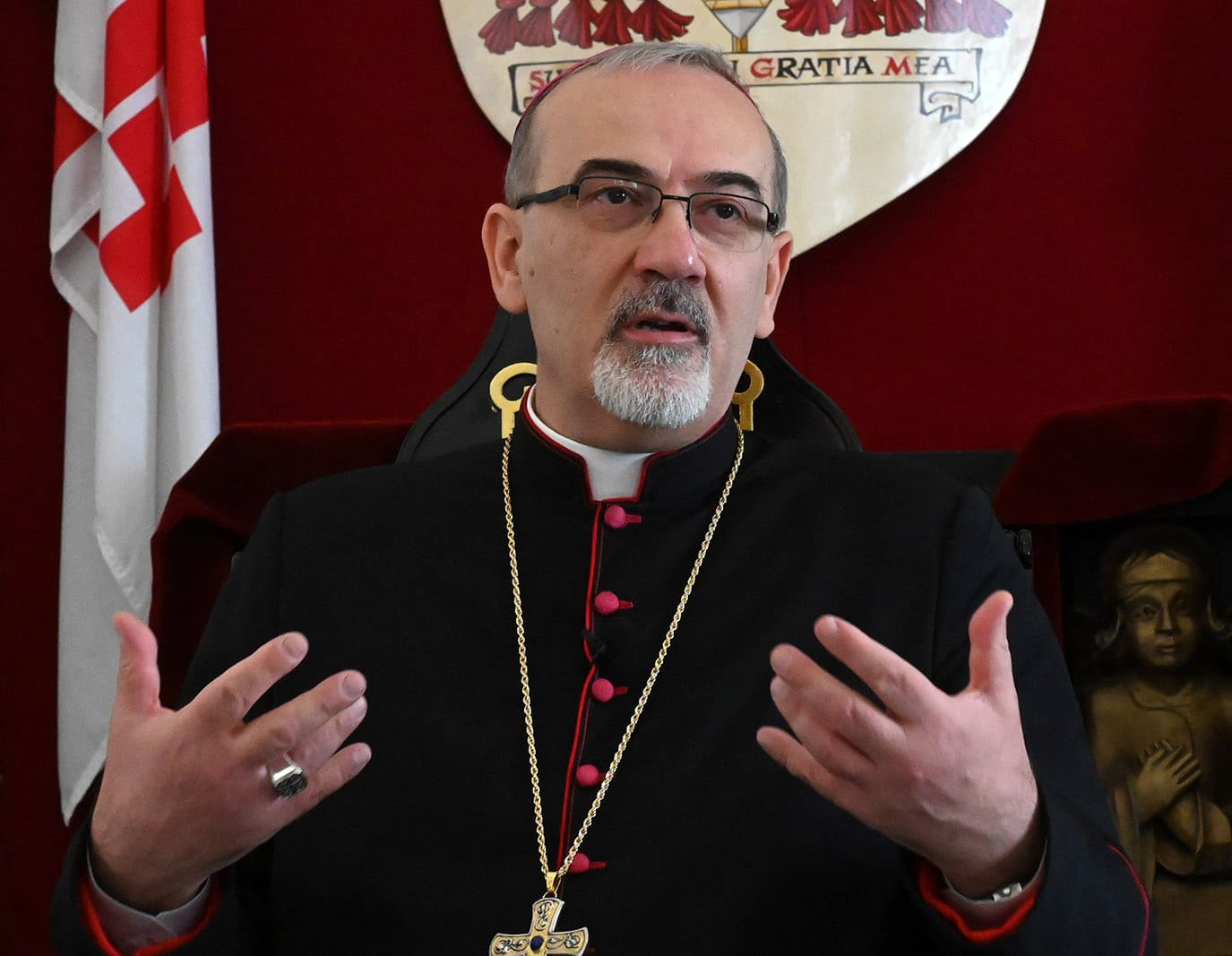BUENOS AIRES (OSV News) — Pope Francis may be nearly 7,000 miles from Argentina, his native land, but it certainly does not feel that way as the country gears up for a presidential election on Oct. 22.
While the pope has strived to stay on the sidelines of political debates in Argentina, deciding against visiting home during the first 10 years of his papacy, he has been dragged into the race by the current frontrunner in the race, far-right congressman Javier Milei, who has made a name for himself by loudly proclaiming controversial ideas, from replacing Argentina’s peso with the U.S. dollar to allowing people to sell their organs if they are in need of cash.
One of his favorite targets however has been Pope Francis. Mieli has been increasing the volume as the race has intensified, turning the pope and the church’s social teaching into electoral fodder.
Pope becomes Argentine election fodder
The pope has received criticism at home in the past, including a whisper campaign prior to his election in 2013 about unfounded complicity with the country’s military regime in the 1970s and early 1980s, but that pales in comparison to what has been said in this presidential campaign.
The Argentine Catholic Church has responded with Masses and public statements supporting the pope, but the attacks have not stopped, and there is increasing concern that the vitriolic rhetoric will deepen divisions as the country struggles through a deep economic crisis.
Bishop Oscar Ojea of San Isidro, who is president of the Argentine bishops’ conference, published a reflection Sept. 10 on the presidential campaign. He did not mention Milei by name, but called out “one of the candidates who has used irreproducible insults and lies” against the pope.
He said it was impossible “to build a country without dialogue and with insults and shouts.”
Father Jose María Di Paola, known as Padre Pepe, said statements from Bishop Ojea and other clergy were among the strongest by church leaders in the 40 years since Argentina returned to democracy with elections in October 1983.
Father Di Paola is the spokesman for the “curas villeros,” priests who live and work in shantytowns in Buenos Aires and other cities around the country. The group’s latest statement, which coincided with Bishop Ojea’s reflection, did not shy away from naming Milei, rejecting his “vulgar aggressions that are not worthy of someone wanting to represent our country.” Father Di Paola celebrated the reparation Mass with other slum priests, and with thousands of faithful present Sept. 5 in the villa 21-24 neighborhood in Buenos Aires.
Attacks go beyond pope to Catholic Church
Father Di Paola told OSV News that the insults go beyond the pope and are a direct attack on the church.
He said the church had to continue responding to Milei after the most recent comments on the pope, which were made during an interview with U.S. media personality Tucker Carlson, who posted it on X, the social media platform previously known as Twitter. The interview reportedly has been viewed more than 400 million times.
Milei repeated his previous line that the pope is a “communist” and “on the side of bloody dictatorships,” but also launched criticism of social justice.
“Social justice is stealing the fruit of someone’s labor and giving it to another … support for social justice is support for theft, which is against the Ten Commandments,” he said during the interview with Carlson.
Father Di Paola said that “this is more than an attack on Francis, it is an attack on the church. Social justice is at the heart of Catholic teaching, so we cannot sit back in silence. We must speak out.”
He said the “curas villeros,” Spanish for “slum priests,” had met with other candidates, but flatly ruled out a sit down with Milei.
Milei’s surprising success
Milei stunned Argentina’s political class by placing first in the open, simultaneous primary in August when all candidates ran. He received around 30%, compared to 28.3% for the traditional conservative Together for Change coalition and 27.3% for center-left governing coalition Unity for the Homeland.
The poll numbers have not changed much since August, with Milei still in the lead but far from the total needed to win and avoid a runoff vote Nov. 19. Under Argentina’s electoral law, a candidate wins with a majority of votes or with 40%, but with a spread of more than 10 points from the nearest opponent.
What has changed since August are Argentina’s economic numbers, which have gotten worse. Inflation in August hit 12.4%, the highest in three decades, and is moving toward 130% for the year. The economy shrank 4.9% in the second quarter of this year, the first time since the pandemic that it has contracted.
Mariano Viale, a shopkeeper in Buenos Aires, said he did not think Argentines voting for Milei shared his views on Pope Francis.
“For many, what Milei says is about shock value,” he said. “The people who come in here do not agree with what he says about Francis, but they are tired of politics as usual.”
If Milei were to win, it is unlikely that Pope Francis would travel to Argentina, as well as neighboring Uruguay, in 2024 as many, including the pontiff himself, have speculated.
Father Carlos Galli, a theologian at Argentina’s Catholic University, said the pope has stayed out of Argentine politics and that would not change.
He said the pope had a strained relationship with former President Cristina Fernández de Kirchner (2007-2015). “It would certainly be worse under Milei,” he said.

